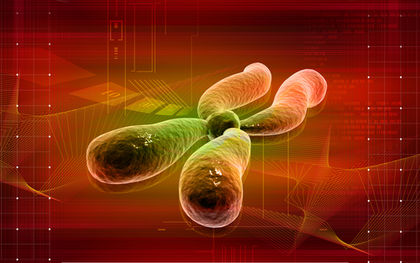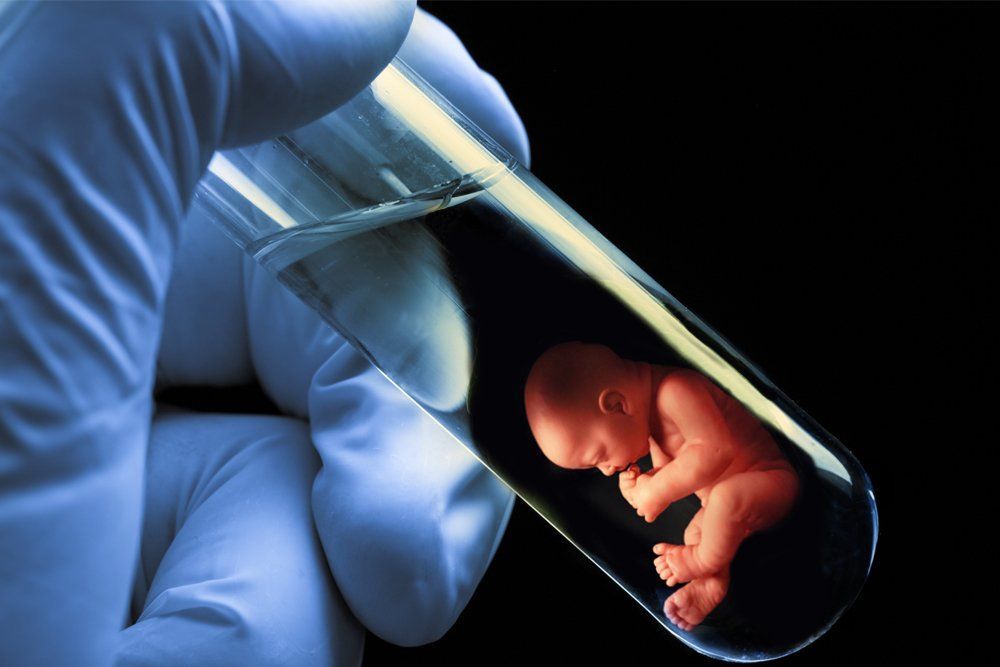Sex determination and Male organ development: The interesting facts
Fetal development plays a pivotal role in organ development and sex determination. In this article we will examine the role of genes in sex determination and male organ development.
Over the years doctors have invented possible ways to better understand sex determination, series of research has been conducted to unravel the factor responsible for sex determination. It was discovered that the conception of genes determined a baby’s sex, embryos with XY chromosomes produce boys and those with XX chromosome produce girls.
Sex determination: The gene factor
The concept of genes form the basis for sex determination and all other attributes of life forms. It transfers hereditary characteristics from parent to offspring, located on the sex chromosomes are 70 distinct genes that determines baby’s behavior, physiology and anatomy is determined by interactions between your baby’s genes and hormones.
Medical research reveals that two months into your pregnancy the fetus would have formed what’s known as a genital ridge- an identical preliminary set of genitalia which eventually differentiates to become either male or female organs.
On the 10th week of pregnancy, a screening test like “noninvasive prenatal testing (NIPT) is conducted, this screening analyzes your baby’s placenta fetal cells floating in the mother’s blood, the data obtained is reliable in defining sex type in babies although not 100% precise an “invasive diagnostic test like “amniocentesis or chronic villus sampling (CVS)” provides doctors with a more precise sex determination information as it identifies your baby’s peculiar DNA

Gene factor
Sex determination: Effects of hormone exposure
The cells in a human body contains the chromosomes and chromosome incubate the genes, segments of deoxyribonucleic acid (DNA) that contains the code for a specific protein. But while this genes determine your baby’s sex, medications taken by you may contain hormones that affect fetal sex development.
An example is “spironolactone” a medication for high blood pressure which negatively reduces testosterone, it is therefore expedient to inform your doctor about the medications you are taking even as soon as you discover you are pregnant.
Let’s consider a few other examples like triclosan and triclocarbon which are constituents in soaps, cosmetics, and toothpaste, being antimicrobial they act as hormone disrupting chemicals which has a negative effect on baby’s development especially with the sex organs.
Meat treated with hormones can expose a mother to “phytoestrogens” which can also affect fetal sex development, to be on a safer side as a nursing mum it is better to consume meat or products from organic animals as they are not treated with hormones.
Male organ development
Reproductive organ development in your fetus begins at week 6 where the indifferent cord formed from a combination of germ cells and primitive sex cords would develop into a testes or ovaries. Present in the male embryo are the XY and Y chromosomes, after the formation of the testis cords a part of it breaks off to form the rete testis while the remaining cords contain germ cells and sertoli.
In the 8th week, the Leydig cells located in between the testis cords initiates testosterone production which causes growth of internal and external genitalia.The mesonephric ducts aided by testerosone activity metamoshos into primary male genital ducts which eventually differentiate into the epididymis, seminal vesicles, efferent ductules, and vas deferens.
Conclusion: Genes play a major role in sex determination as the chromosome XX produces a female while the XY chromosome produces a male, hormones also contribute to the fetal development cycle, to this the effect mothers are advised to avoid foods produced with hormones as they act as estrogen which can affect the baby’s development





